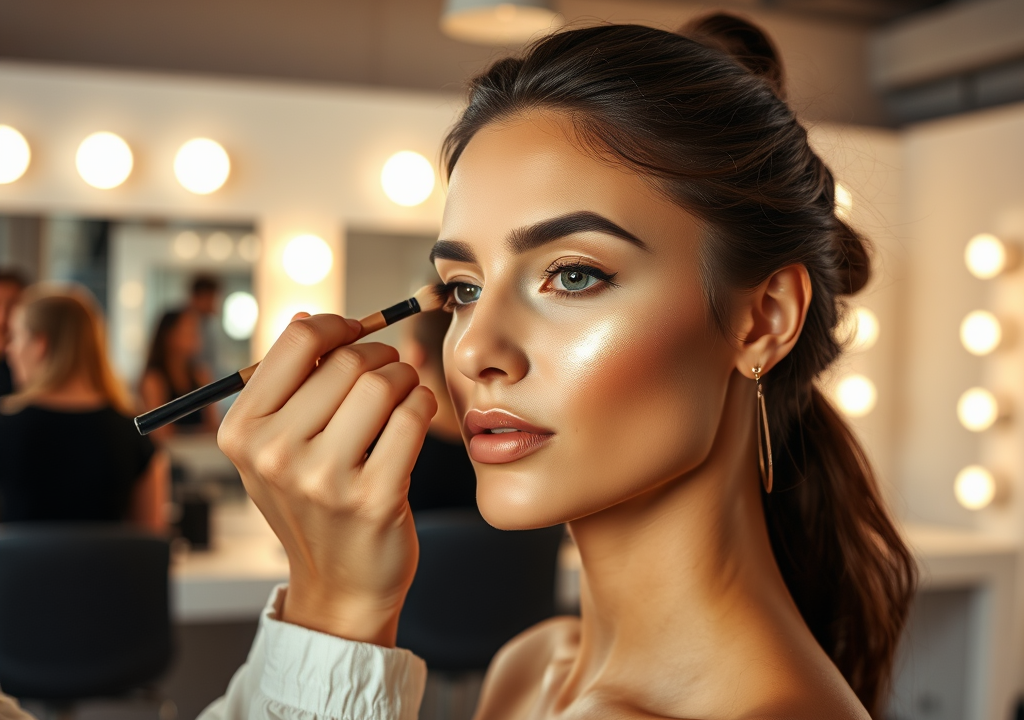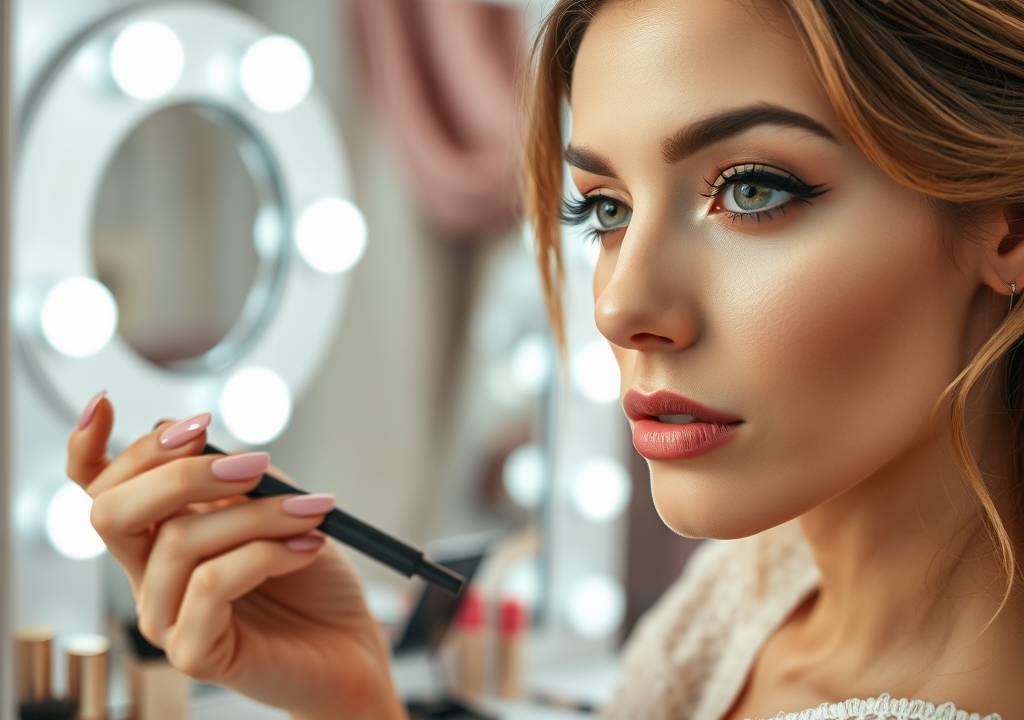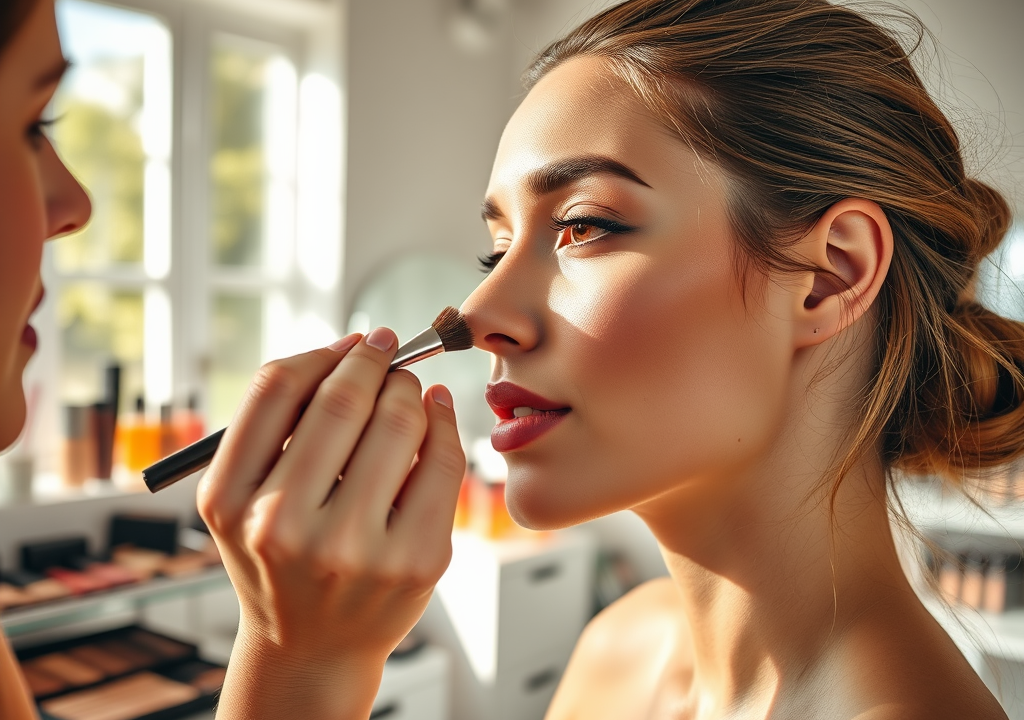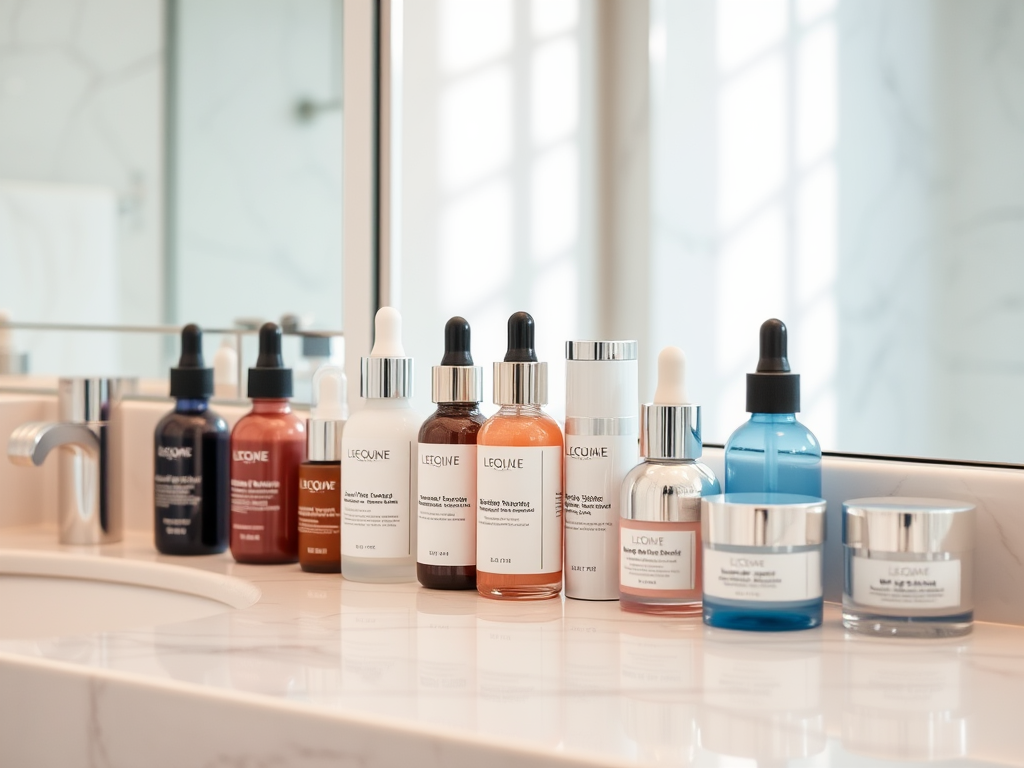The quest for the perfect facial moisturizer is often filled with confusion, overwhelming choices, and countless product claims. With skin being such a personal canvas, what works wonders for one may not yield the same effect for another. Understanding how to identify effective facial moisturizers can empower you to make informed decisions that lead to glowing, healthy skin. This article provides insight into essential ingredients, skin types, and research methods to help you navigate the sea of options. Prepare to delve deep into the science behind skincare as we uncover the vital elements you should consider in your search for quality moisturizers. Let’s ensure your skincare routine not only hydrates but also achieves your desired skin goals.
Understanding Facial Moisturizers
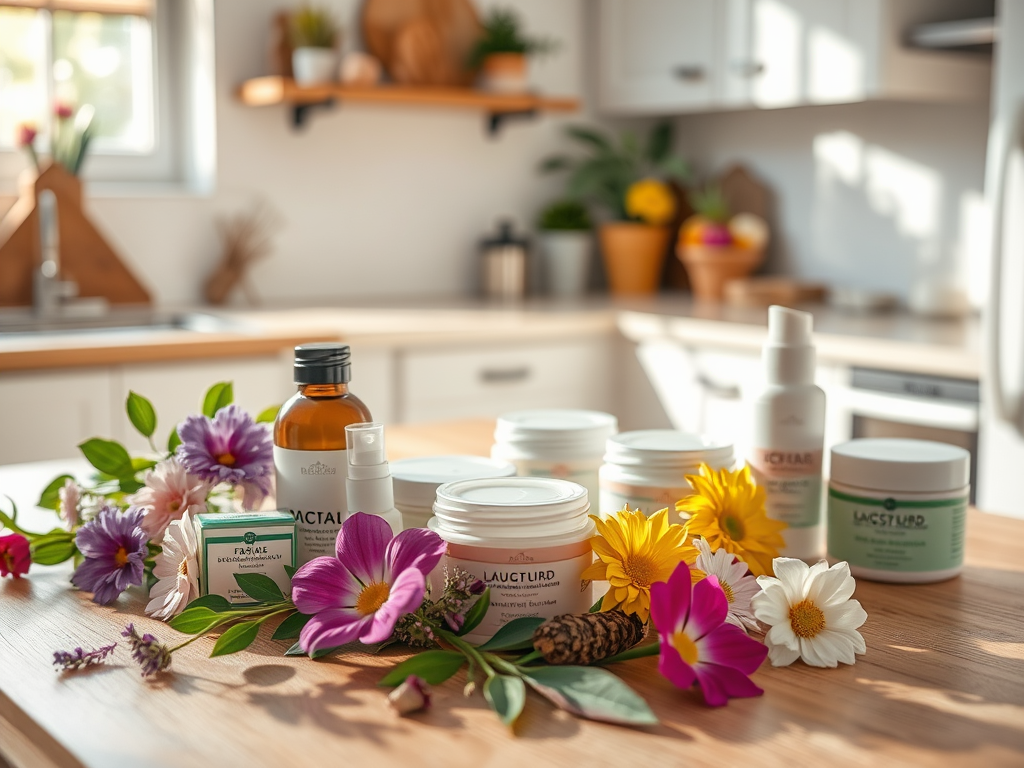
Facial moisturizers are not merely luxuries; they are crucial components of a successful skincare routine. They serve to hydrate and nourish the skin, maintaining its elasticity while preventing dryness and dullness. Moisturizers can also create a protective barrier, locking in moisture to keep the skin looking fresh and healthy throughout the day. In the modern marketplace, however, the sheer variety of available products can complicate the consumer’s decision-making process. As such, it becomes paramount to understand what constitutes a good moisturizer. This knowledge enables you to select products that will deliver maximum benefits tailored specifically for your skin type.
Key Ingredients to Look For
When selecting a facial moisturizer, the ingredient list can be a treasure trove of information. The right components can provide both immediate hydration and long-term skin benefits. Here are some key categories of ingredients you should be aware of:
- Hydrating Ingredients: Look for humectants such as hyaluronic acid, glycerin, and aloe vera, notorious for attracting water to the skin.
- Emollients and Occlusives: Ingredients like shea butter, jojoba oil, and ceramides are essential for softening the skin and preventing moisture loss.
- Active Compounds: Products enriched with antioxidants, peptides, or retinoids can offer enhanced skincare benefits.
By familiarizing yourself with these categories, you can easily identify potentially beneficial products as you shop.
| Ingredient Type | Examples | Benefits |
|---|---|---|
| Hydrating Ingredients | Hyaluronic Acid, Glycerin | Draw moisture to the skin |
| Emollients | Shea Butter, Jojoba Oil | Soften and smooth the skin |
| Active Compounds | Vitamin C, Peptides | Promote skin repair and rejuvenation |
Skin Type Considerations
Understanding your unique skin type is a vital step in selecting the most suitable moisturizer. Each skin type has its own needs, and choosing the wrong product can lead to undesirable results. To simplify this, let’s explore the proper moisturizer types for specific skin conditions:
- Oily Skin: Lightweight, oil-free formulas that hydrates without adding excess oil are essential.
- Dry Skin: Rich, creamy moisturizers that deliver intense hydration will work wonders for dry skin types.
- Sensitive Skin: Hypoallergenic and fragrance-free products can help alleviate irritation and discomfort.
By aligning your moisturizer choice with your skin type, you can significantly improve the effectiveness of your skincare routine.
Product Testing and Reviews
The importance of research cannot be overstated when it comes to selecting a facial moisturizer. Before making a purchase, consider utilizing different research strategies:
- User Reviews: Reference feedback on retail websites. Analyze both positive and negative comments to gain a comprehensive understanding of product performance.
- Professional Recommendations: Consult with dermatologists or licensed skincare specialists for their professional insights on products that may suit your skin.
- Patch Testing: Conduct a patch test on a small skin area prior to applying a new moisturizer extensively to ensure safety.
By employing these strategies, you can make more educated choices in your skincare endeavors.
Conclusion
Choosing a quality facial moisturizer involves understanding vital components like skin type and key ingredients. With thorough research and careful consideration, you can confidently approach the plethora of choices available on the market. The benefits of the right moisturizer are tangible; a favorable product can enhance your overall skin texture and appearance. By applying the insights shared in this article, you position yourself for success on your skincare journey. Strive for consistency and be patient—your skin’s transformation may take time, but the results are undoubtedly rewarding.
Frequently Asked Questions
- What are the signs that a moisturizer is good for my skin? A good moisturizer will leave your skin feeling hydrated without a greasy film, reduce dryness or flakiness, and improve overall texture and tone.
- How often should I apply facial moisturizer? It is recommended to apply moisturizer twice daily, in the morning and evening, after cleansing.
- Are expensive moisturizers better than drugstore brands? Not necessarily. Efficacy depends more on the formulation and ingredients rather than the price. Many drugstore brands offer excellent quality.
- Can I use facial moisturizer if I have acne? Yes, but choose oil-free, non-comedogenic moisturizers that won’t clog pores.
- Do I need a separate moisturizer for day and night? While it’s not required, daytime moisturizers often include SPF, while night creams may contain richer ingredients aimed at repair and rejuvenation.


